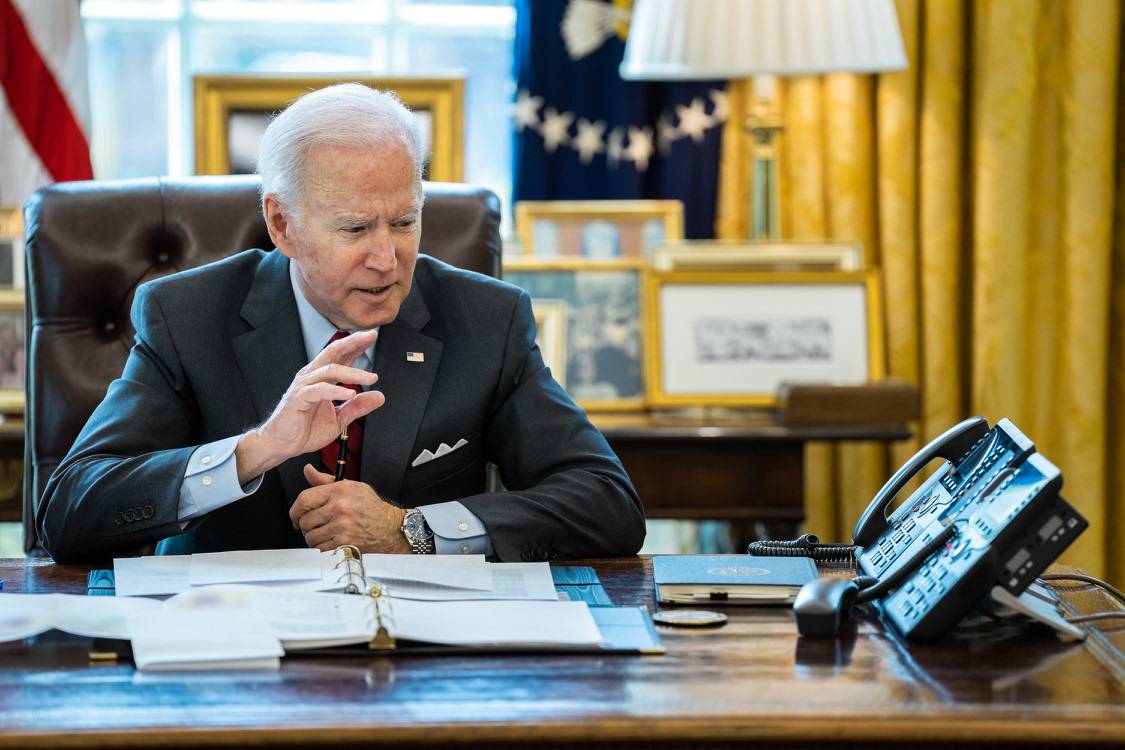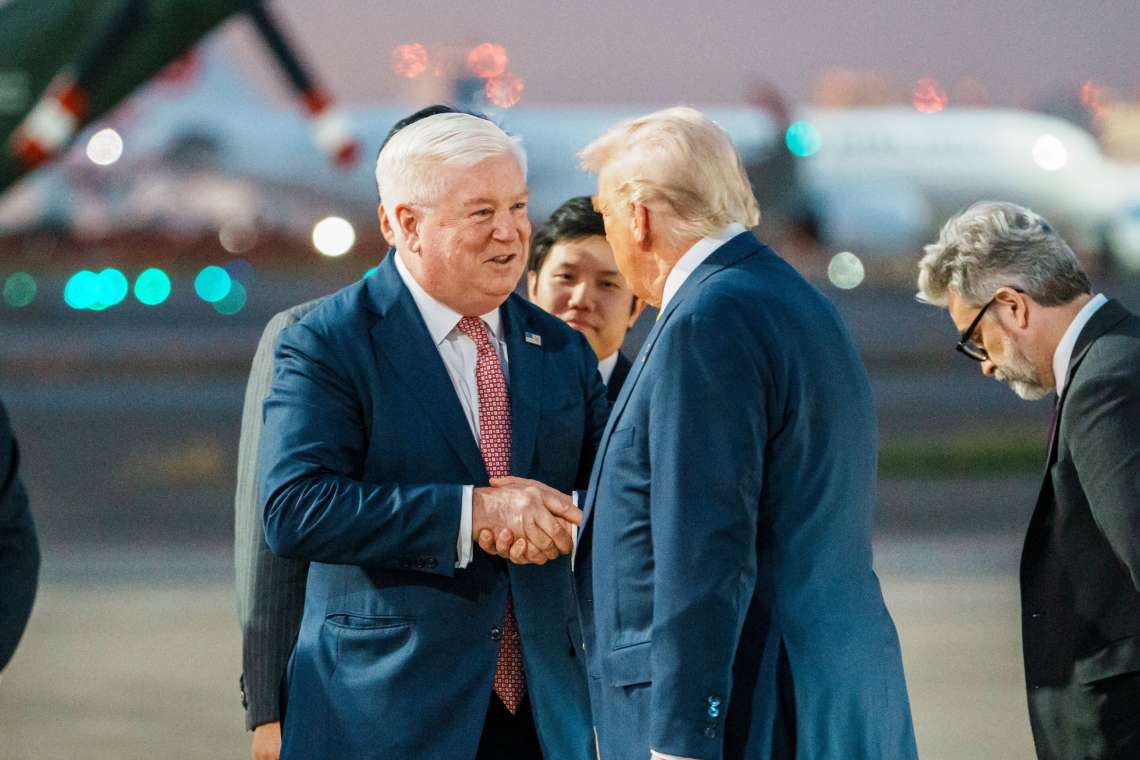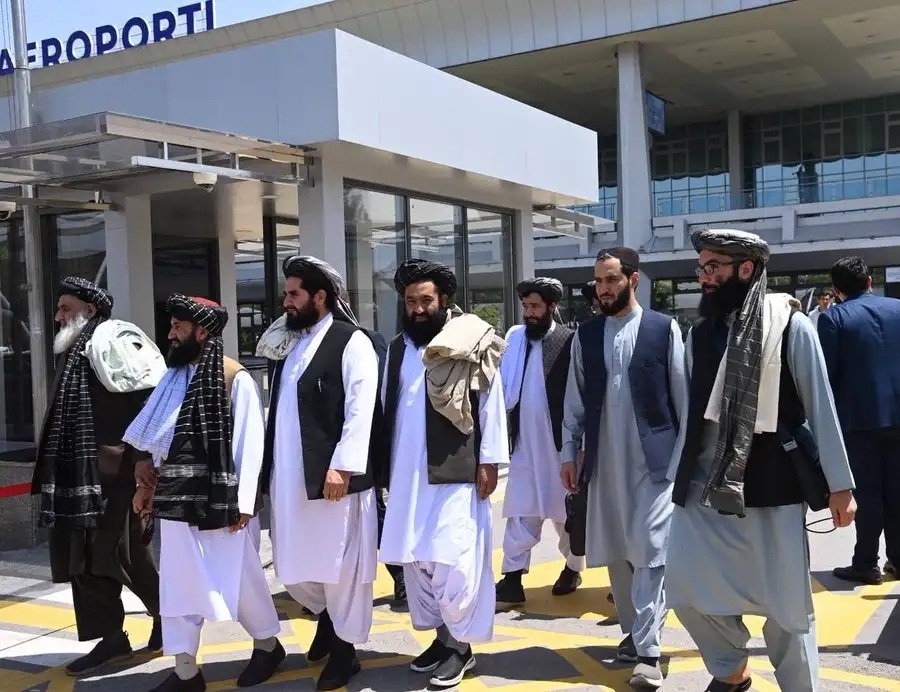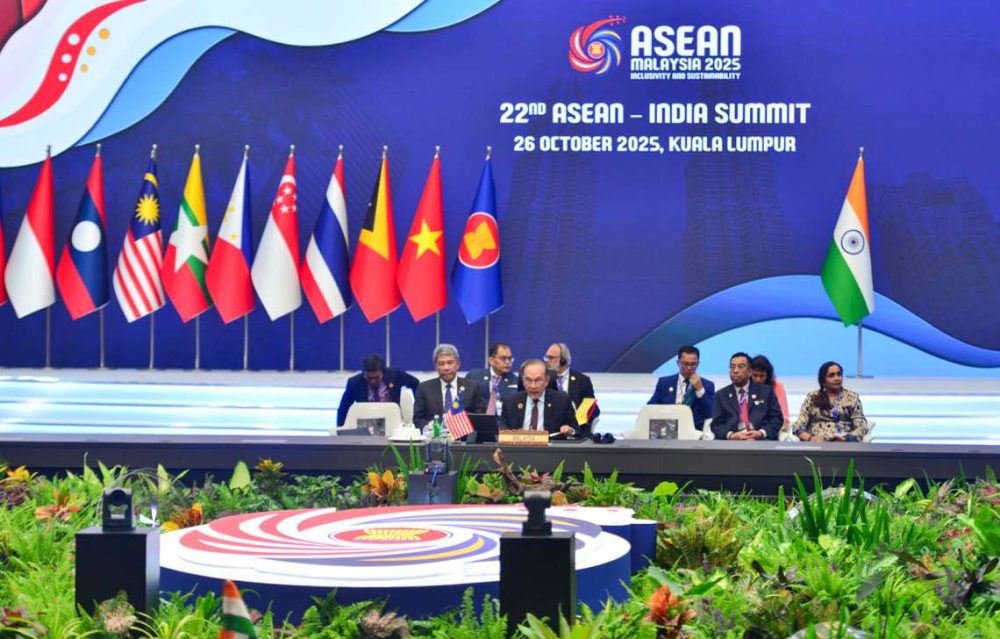US AI chipmakers oppose new rule, citing risks to overseas sales amid soaring global demand….reports Asian Lite News
The Biden administration on Monday announced new restrictions on Artificial Intelligence (AI) chip exports in its last move to block the flow of advanced technologies into China, Russia and other “countries of concern” on national security grounds.
Just a week before its term ends, the administration released an interim final rule, under which no chip sale restrictions will apply to 20 key US allies and partners, including South Korea, while for many other countries, it sets up a cap for the amount of computational power they can purchase.
“This policy will help build a trusted technology ecosystem around the world and allow us to protect against the national security risks associated with AI, while ensuring controls do not stifle innovation or US technological leadership,” Secretary of Commerce Gina Raimondo said.
The 20 allies and partners include Japan, Australia, Canada, Germany, France and New Zealand. Entities that meet high security and trust standards, and are headquartered in those countries can obtain “universal verified end user (UVEU)” status, according to the Commerce Department’s Bureau of Industry and Security (BIS).
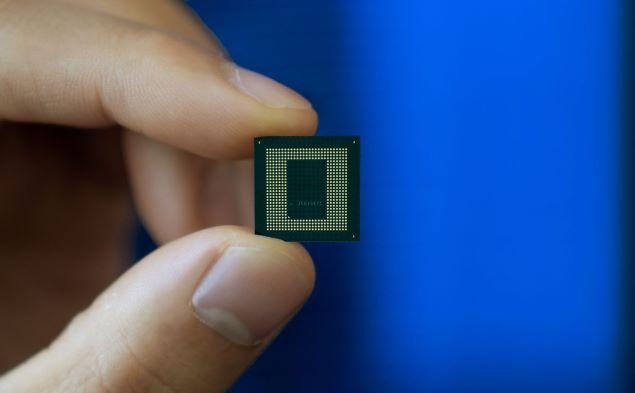
With the UVEU status, the entities can place up to 7 per cent of their global AI computational capacity — likely amounting to hundreds of thousands of chips — in countries around the world.
Entities without the verified end user status, which are located outside of close US allies, can still purchase large amounts of computational power — up to the equivalent of 50,000 advanced graphics processing units (GPUs). The chip cap can double to 100,000 GPUs if an arrangement is signed to align with US export and other standards, Yonhap news agency reported.
Entities that meet security requirements and are headquartered in any place that is not a country of concern can apply for the “national verified end user” status, which will allow them to buy computational power equivalent to up to 320,000 GPUs over the next two years.
Chip orders with collective computational power up to about 1,700 advanced GPUs do not require a licence and do not count against national chip caps. The overwhelming majority of chip orders are in this category, including those placed by universities and medical institutions, according to the BIS.
The rule continues to ensure that advanced semiconductors sold abroad are not used by China, Russia and other countries of concern, while still permitting access for general-purpose applications from telecommunications to banking, it said.
“The rule both provides greater clarity to our international partners and to industry, and counters the serious circumvention and related national security risks posed by countries of concern and malicious actors who may seek to use the advanced American technologies against us,” National Security Adviser Jake Sullivan said.
AI chipmakers in the US reportedly remain opposed to the rule as it could get in the way of their efforts to sell their products overseas at a time of growing demand for AI applications worldwide.
ALSO READ: US Congressman questions Biden admin on Adani probe


